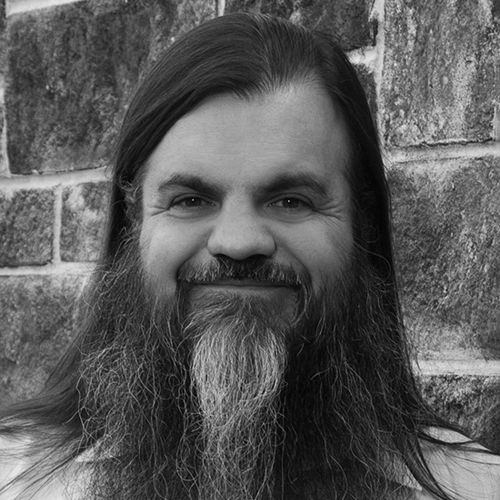As the pandemic lingers and student debt rises, many colleges and universities continue to struggle.

Bryan Alexander
Futurist and Georgetown University Senior Scholar
The numbers tell the story. Fewer students are taking classes, and that trend will likely continue.
“For the past year, we’ve had a sharp downturn in undergraduate enrollment,” explained internationally known futurist and Georgetown University senior scholar Bryan Alexander. “Undergraduate enrollment went down something like 4 percent last fall and 4 percent this spring.
“People didn’t want to go to face-to-face instruction because they were afraid of infection. People also didn’t want to go to campuses if they thought the experience would be substandard. I think they also had negative thoughts about online education.”
Alexander says sagging enrollment rates come as no surprise.
“We have people who got sick or were infected, and frightened by that, but we also had the terrible economic crash last spring, and it’s taken a while to recover,” he said. “You have people who might choose not to go to classes to stay at home and take care of an ailing family member, or go to work to make money. But the past year is just a sharper enrollment drop compared to what’s been going on for the past decade.
“In fact, 2012 is when enrollment peaked, and it’s gone down every semester since. One reason is the for-profit higher ed sector really grew from 2,000 to about 2012, and then that bubble burst pretty hard.”
Discouraging news
According to Alexander, the for-profit sector was dealt a blow by regulations enforced during President Obama’s second term.
“Plus, I think we have real anxiety over student debt,” he said. “There’s a lot of fear about it, and there’s a drop in higher education’s reputation.”
Alexander believes things will get worse for higher education, based on what happened in 2008.
“We had the horrendous financial crisis, and we know a lot of people decided not to have kids that year,” he said. “If you do the math, in a few years we’re going to see a huge drop in the number of 18-year-olds, and that drop will narrow the pipeline for traditional-aged college students.”
Reversing the trend
“We have to do a better job explaining what we do to win back our reputation,” said Alexander, who believes schools must take steps to support public intellectuals.
Ringing in student debt and determining a cost structure to make it more palatable is also essential.
“We should also try to make higher education more attractive to would-be students by offering more degrees that seem compelling and exciting, and also be better at teaching online.”
Online testing is one sticky issue.
“There are software solutions for cheating,” Alexander said, “but the problem is they make mistakes, and there are crazy privacy violations.”
Confronting challenges
How schools respond to COVID-19 moving forward cannot be overstated.
“In the United States, the Delta wave may have plateaued,” Alexander said. “On the other hand, we have winter coming up, which will cram people together, and we have a strain of variants.”
Mindful of students’ financial concerns, making more content free by adopting open-access policies should also be addressed by universities.
What’s ahead
Alexander says instructors seem more committed than ever to their chosen profession, but he stresses, “We have to get used to teaching more and more adults, and that’s not easy to do. A lot of institutions are laser-focused on 18-year-olds.
“Also, we have the greatest crisis facing the human race right now, which is climate change. We have to confront what this means for academia. Does all research focus on climate change? How should we teach this?”
Alexander also points to advances in technology and the role universities play.
“How do we respond to robotics? How do we incorporate artificial intelligence?” Alexander pondered. “I like to think that as humanity grapples with this, higher education is a great resource to help people think it through.”

